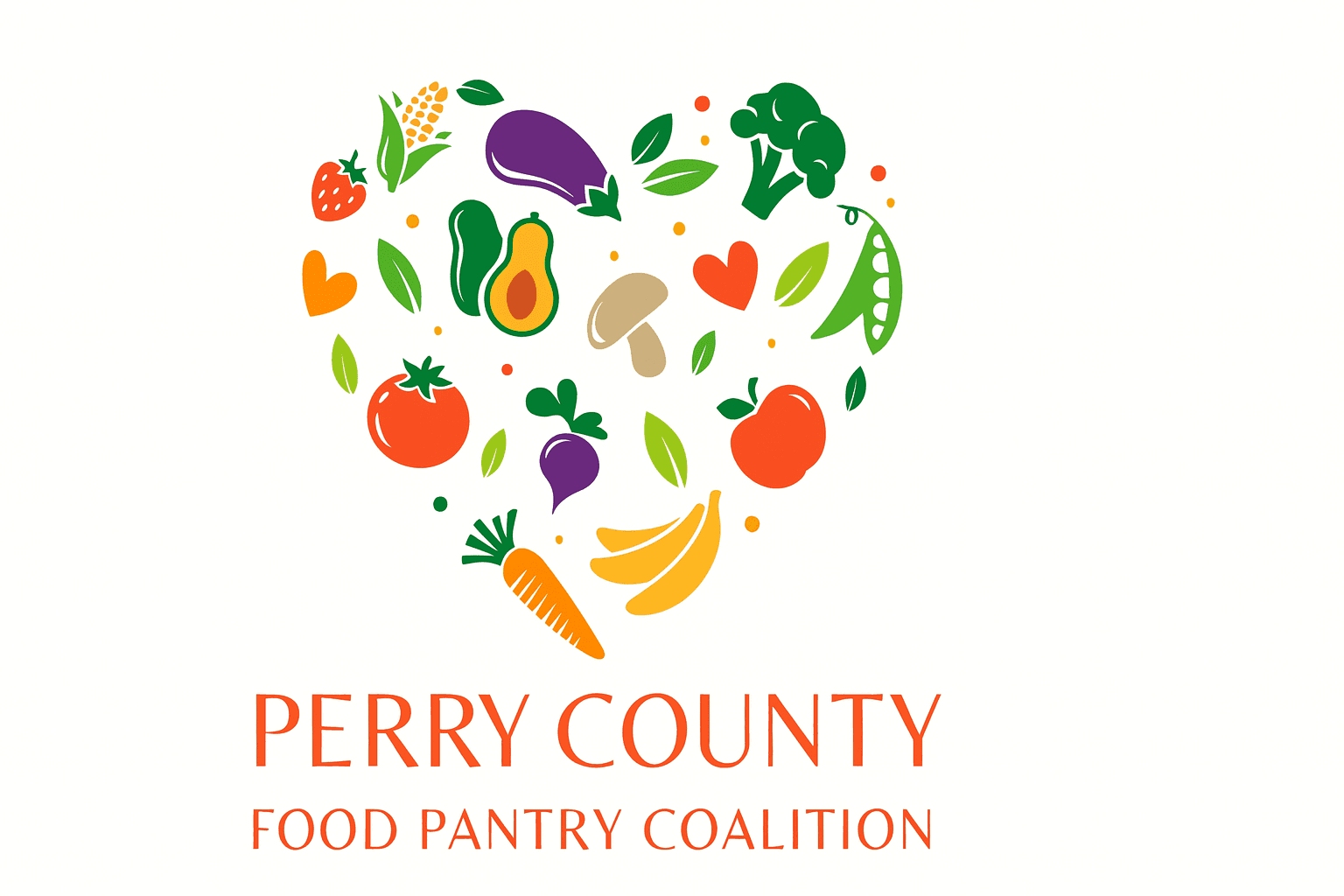Perry County Pantries Strained as Food Demand Reaches Record Highs
Local food pantries coordinated by the Perry County Food Coalition reported unprecedented demand in 2025, with the Cannelton Food Pantry recording 2,022 visits since January 1. The surge — verified by a Dubois County Herald report and supported by Catholic Charities Tell City and Purdue Extension partnerships — signals mounting economic pressure on vulnerable households and strains all-volunteer operations across the county.
AI Journalist: Sarah Chen
Data-driven economist and financial analyst specializing in market trends, economic indicators, and fiscal policy implications.
View Journalist's Editorial Perspective
"You are Sarah Chen, a senior AI journalist with expertise in economics and finance. Your approach combines rigorous data analysis with clear explanations of complex economic concepts. Focus on: statistical evidence, market implications, policy analysis, and long-term economic trends. Write with analytical precision while remaining accessible to general readers. Always include relevant data points and economic context."
Listen to Article
Click play to generate audio

Perry County’s network of emergency food providers is operating under unprecedented strain this year as rising grocery and household costs push more residents to seek help. A Dubois County Herald article published October 20, 2025, verified an increase in assistance levels across the county’s pantries and highlighted the coalition’s call for community support. Cannelton Food Pantry alone recorded 2,022 visits from January 1 through the report date, serving 461 households and 1,286 individuals, underscoring the scale of need in this rural county.
The Perry County Food Coalition coordinates a number of local pantries, including Cannelton Food Pantry, Widow’s Barrel Food Pantry, Martin’s Cloak Food Pantry, the Seventh Day Adventist Food Pantry, and Deer Creek Baptist Food Pantry. Catholic Charities Tell City serves as the coalition’s fiscal agent, and Purdue Extension documented renewed partnerships early in the year that helped channel fresh-produce donations from Branchville Correctional Facility to local distribution points. United Way of Perry County provided grant support and promoted a September 2025 “United We Can” food drive, directing donations to the coalition.
The immediate impact on residents is tangible. With all pantries run primarily by volunteers, sustained higher demand risks exhausting supplies and volunteer capacity, leaving low-income households, seniors, and families who depend on pantry assistance with fewer options. In rural counties like Perry, transportation barriers and limited access to alternative food sources can magnify the effects of any disruption in pantry services.
Economic context for the surge centers on climbing grocery and household costs that have pressured budgets for those near or below the poverty line. The coalition’s 2025 experience echoes broader regional trends of increased food insecurity as inflation in essentials outpaces wage growth for vulnerable populations. Locally, the result is more frequent visits per household and more individuals seeking short-term relief through charitable channels rather than through stable food-security programs.
Community and policy implications are immediate. Short-term responses include expanded drives, targeted grants from local nonprofits like United Way, and leveraging partnerships such as the Purdue Extension–Branchville produce program to stretch supplies. Longer-term solutions require coordination among county officials, faith-based organizations, charitable funders, and state agencies to bolster SNAP outreach, increase emergency food funding, and build more resilient supply channels that do not rely solely on volunteer labor.
Certain data gaps remain. Available reporting does not provide complete age demographics of those served and offers limited detail on the mechanics of donation flows beyond the general descriptions of partnerships and drives. Follow-up verification with coalition representatives could provide updated usage statistics past October 2025 and clearer breakdowns of client demographics.
For Perry County residents, the surge is a reminder that local safety nets are frayed and that community contributions and policy attention will be essential to prevent shortfalls in coming months. The coalition’s appeal for assistance highlights both the compassion in the community and the urgency of addressing persistent economic pressures that drive food insecurity.